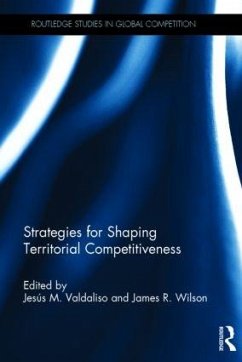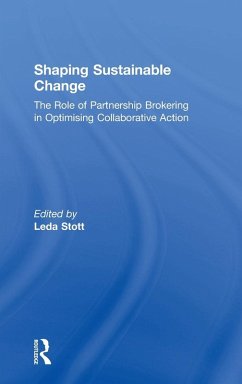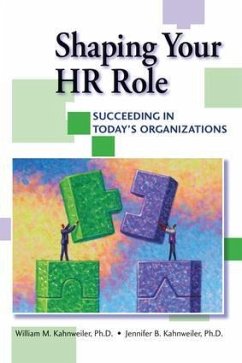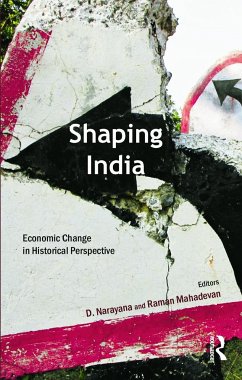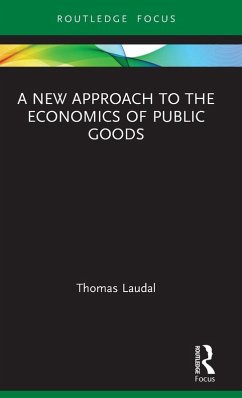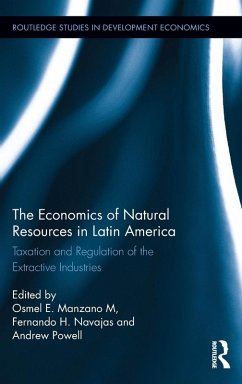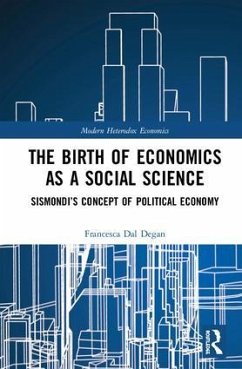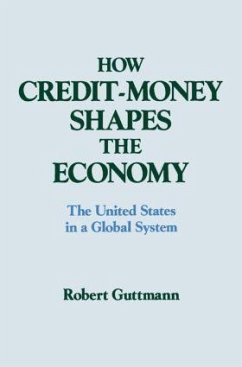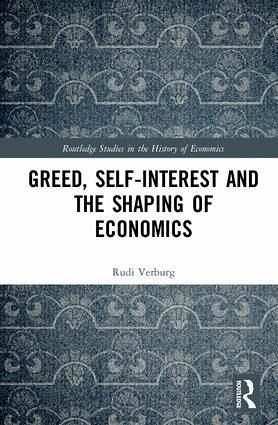
Greed, Self-Interest and the Shaping of Economics
Versandkostenfrei!
Versandfertig in 1-2 Wochen
168,99 €
inkl. MwSt.
Weitere Ausgaben:

PAYBACK Punkte
84 °P sammeln!
Since 2008, profound questions have been asked about the driving forces and self-regulating potential of the economic system, political control and morality. With opinion turning against markets and self-interest, economists found themselves on the wrong side of the argument. This book explores how the economics of the past can contribute to today's debates.




